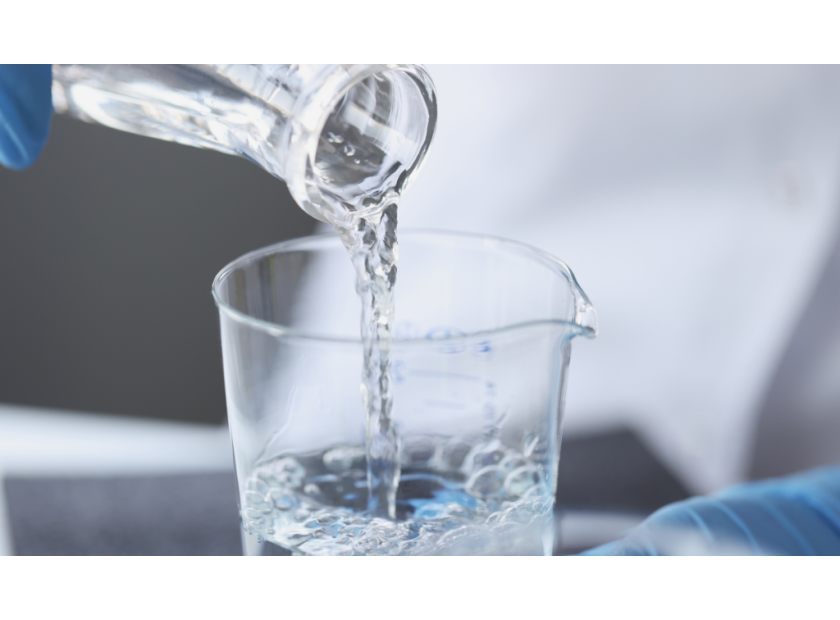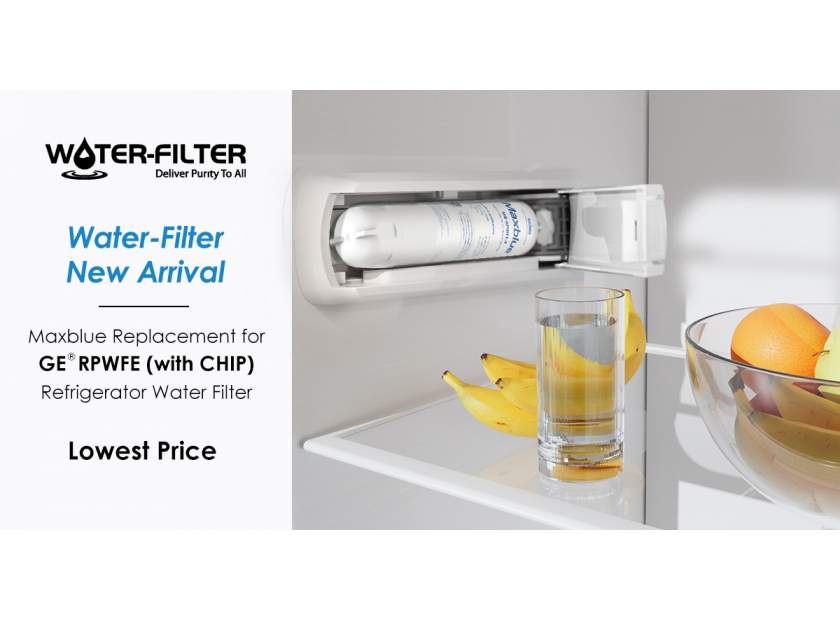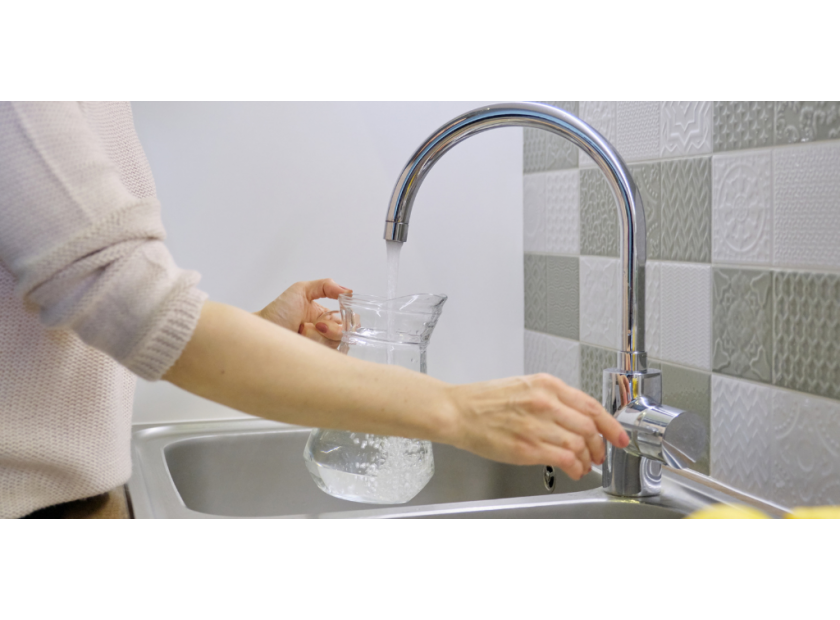PFAS, known for their exceptional resistance to natural degradation, are prevalent in drinking water and various water sources across different regions in the United States. Despite their widespread presence, scientific studies and research into the human body’s response to PFAS exposure remain limited. Nevertheless, an increasing number of communities are taking action to identify and address these chemicals as part of their endeavors to combat and mitigate pollution issues. As awareness grows, efforts to understand and combat PFAS contamination are gaining momentum, emphasizing the importance of safeguarding public health and the environment from these persistent pollutants.
PFAS Explained
PFAS,
Read MoreBlog
- Categories: Water Contaminants|
- Table of Contents 1. What are the benefits of distilled water? 2. Is there a shortage of distilled water? 3. How can you make distilled water at home? 4. How to avoid distilled water shortage at home? 5. In Conclusion Distilled water is a product of the distillation process, which entails heating water to produce steam and the subsequent condensing of the steam back intoRead More
- Table of Contents 1. How Do These Filters Work? 2. How Does the RFID Chip Differentiate RPWF from RPWFE Filters? 3. Where Do You Get RPWFE Filters for Less? 4. Replacement of GE® RPWFE Refrigerator Water Filters (RFID chip included) 5. Are There Any Maintenance Tips for The RPWFE Water Filter? 6. In Conclusion The roleRead More
- Table of Contents 1. How Long Before You Pee After Drinking Water? 2. How Long Does It Take Men and Women to Pee After Drinking Water? 3. How Long Does It Take People of Different Ages to Pee? 4. The Process Of Urine Formation In The Body 5. What Other Factors Influence How Long It Takes to Pee? 6. Is It Safe to Hold Your Pee? 7. To Round Up…Read More
- Categories: Water & Health|Table of Contents 1. Why Does My Water Smell Like Rotten Eggs? 2. Why Does Tap Water Taste Like Chlorine? 3. Why Does Tap Water Taste Like Metal? 4. How Do You Improve Your Drinking Water? 5. In Conclusion One of the many indications of contaminated water is the bad taste or smell. If your tap water smells or tastes bad, it is likely contaminated and unfit for drinking andRead More







